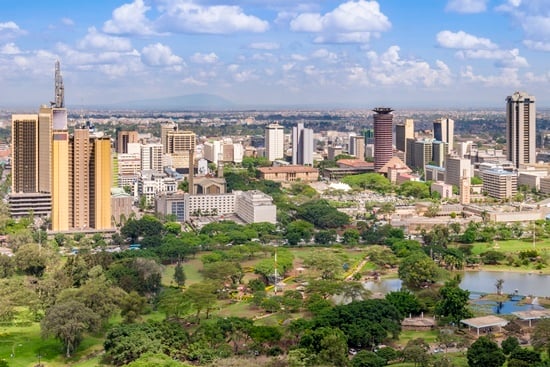
- Unesco says that as of next year, 7 July will be marked as the official day to celebrate Swahili globally.
- Academics, however, fear that Swahili will dwarf other African languages into near extinction.
- The language is spoken in at least 11 African countries by about 98 million people.
Kiswahili or Swahili, a language spoken in at least 11 African countries by an estimated 98 million people became the first African language to get United Nations honours this week.
Announcing the landmark decision on Wednesday, the United Nations Educational and Scientific Organisation (Unesco) said that, from next year, 7 July will officially be marked as a day on which the world will celebrate the language.
Swahili is also a working language for the African Union (AU) and South African Development Community (SADC). It is spoken in the Comoros Island, the Democratic Republic of Congo, Malawi, Zambia, Tanzania, Kenya, Uganda, Rwanda, Burundi, Mozambique and Somalia.
However, some linguistics academics have reservations about the move.
Last year, Dr Collen Sabao's entry in the Journal of Namibian Studies: History Politics Culture on the proposed introduction of Swahili in the education curriculum of that country, argued that doing so was a form of colonialism.
"Accepting Kiswahili as a language for national cohesion and African identity can be seen as another form of colonialism. Kiswahili would dwarf local languages and these would continue to be underdeveloped and regarded as somehow inferior," his paper read.
With the new developments, Sabao told News24 that it was a betrayal of indigenous African languages.
READ | New AI platform translates Zulu, Xhosa, Sepedi and Swahili
"I feel it's a betrayal to African indigenous languages. We have not even fully developed our native languages orthographies or even fully incorporated them into the education curriculum and yet we want to celebrate a language that was largely built on Arabic influences," he said.
Swahili's structure is that of Bantu languages but is mutually intelligible with Arabic.
Dr Luyanduhlobo Makwati, a language research fellow with the Midlands State University in Zimbabwe said that realising Swahili as a language of instruction had logic in it.
"Raising Swahili to be an African working language's advantage is that a language is used to unify society and communities. Swahili historically functioned as a language of business and trade on the east coastal areas of Africa and its influence spread far and wide," he said.
The idea of getting Swahili recognised was first mooted by the African Union 15 years ago. The call was heightened in 2019 when the AU and the East African Community (EAC) under the Dar-es-Salaam Framework of Action, pushed for the promotion of the development and use of the language for regional integration.
Sabao said there was a lot to probe about the decision to give Swahili prominence bordering around cultural imperialism.
"We need perhaps to establish the motivation behind such a move. We need to be able to visualise it from the perspective of its implications on international politics and economics. Why is the former oppressor interested in learning our languages, and by extension, cultures, when the colonial project specifically targeted to expunge these," he said.
Meanwhile, an American language learning website Duolingo is reportedly working on making Xhosa and Zulu available on its platform. This comes at a time when the Indiana University Hamilton Lugar School of Global and International Studies is hiring a full-time lecturer in IsiZulu to start in August next year.
"The initial appointment is on a three-year contract; reappointment opens the path to promotion to senior lecturer on long term contracts by the end of the sixth appointment year, assuming positive annual reviews," read the advert on the university's website.




 Publications
Publications
 Partners
Partners






















